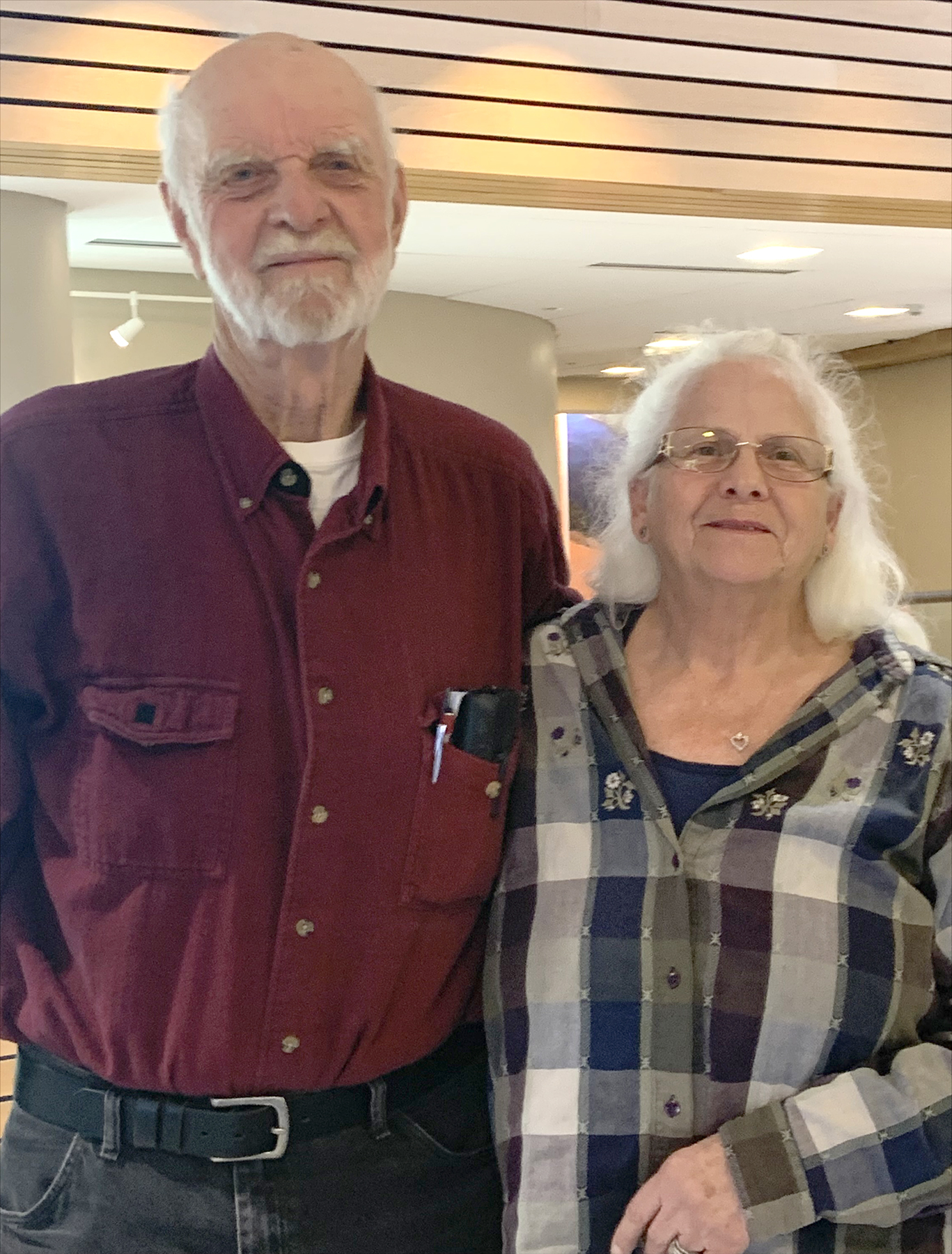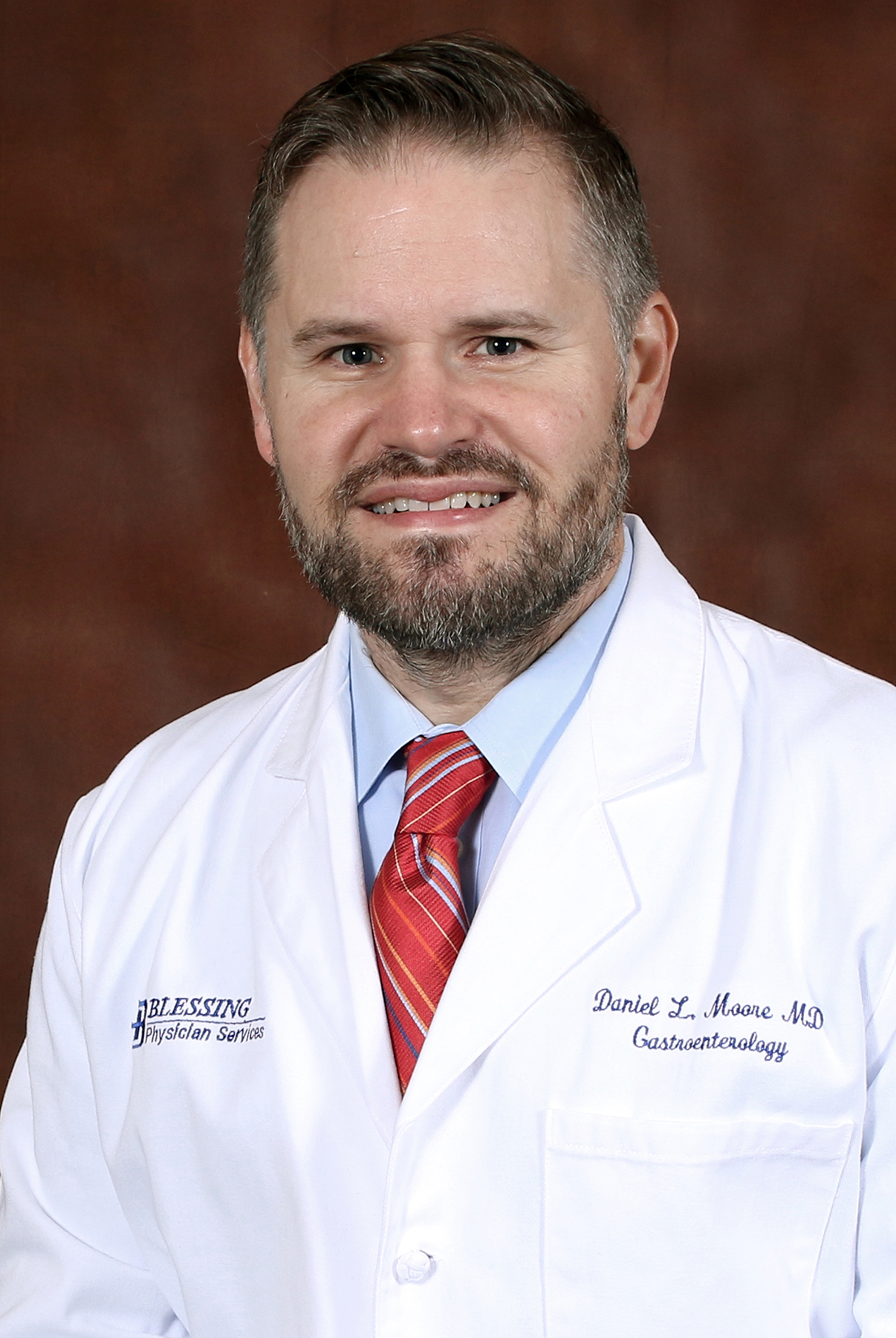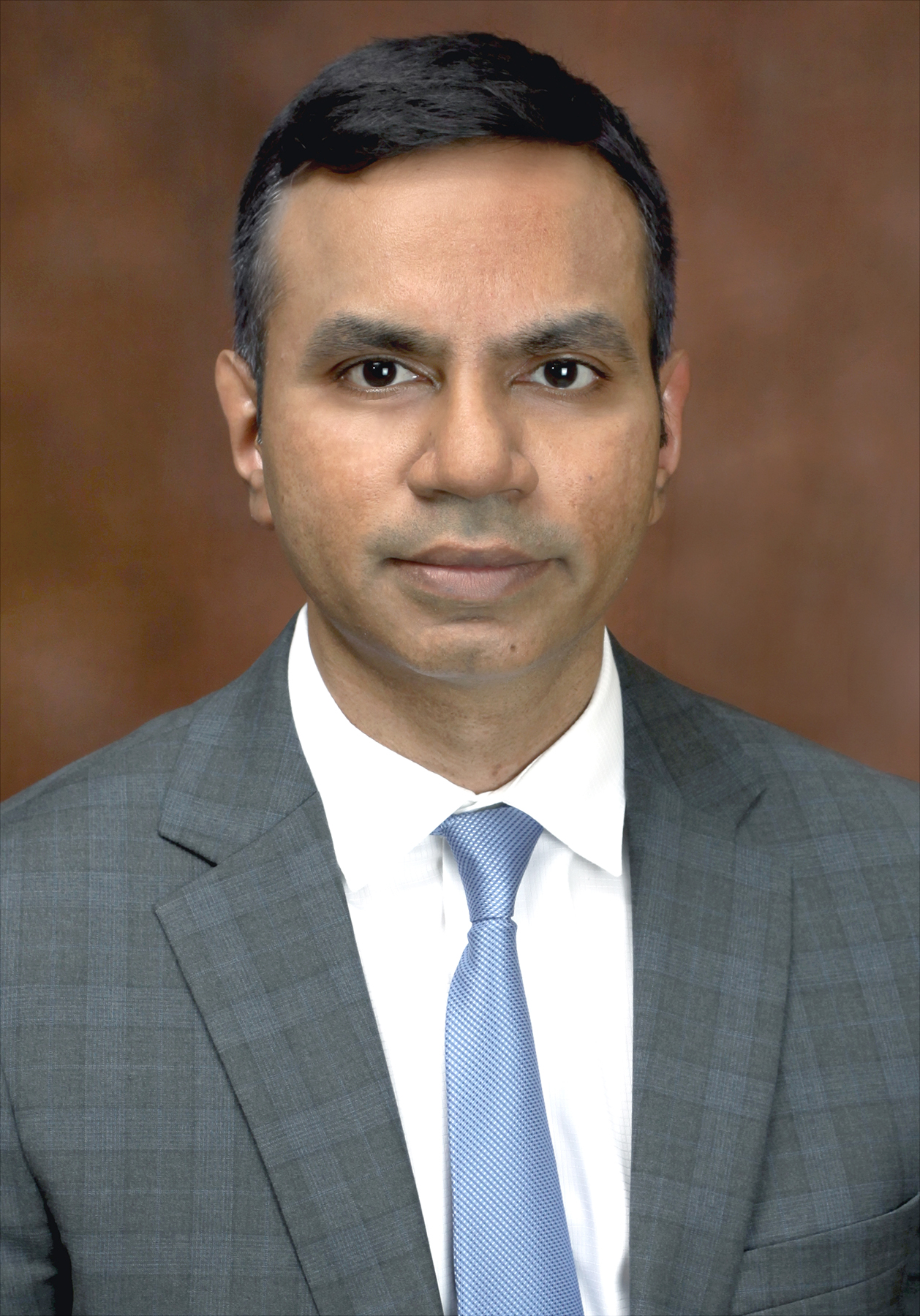By December 2022, Vincent Holtkamp could not stand the pain anymore. 
“He was hurting when we were combining our last field of corn, and he still pushed through until he got the harvest done,” said Vincent’s wife, Helen.
A 78-year-old cattle and grain farmer from Clark County, Missouri, Vincent was feeling symptoms he said were similar to a bowel blockage he had 15 years ago – pain and constipation.
But this time the pain was unrelenting.
“I couldn’t keep anything down. The only way I could sleep was in a recliner, sitting up. I told Helen I have to get some relief - kill or cure,” he said.
On that day - a week before Christmas - Vincent and Helen headed the 90 minutes from their home in Luray to the Blessing Hospital Emergency Center in search of a cure.
Why Blessing?
“I heard of other people coming here and having good luck, and I know they have good doctors,” Vincent said of his decision to choose Blessing.
Upon arriving in the Emergency Center, Vincent was evaluated by a number of doctors. “That actually made him feel better,” Helen said, “The doctors were working together to figure out his problem, when other places we had been didn’t do that.”
Vincent underwent a colonoscopy by Dr. Daniel Moore, Blessing Health board-certified gastroenterologist. The test showed Vincent had cancer in the colon blocking his bowels completely.
 |
 |
 |
| Daniel Moore, MD | Harsha Polavarapu, MD | Daniel Koh, MD |
Subsequently, he was evaluated by Dr. Harsha Polavarapu, Blessing Health board-certified colon and rectal surgeon who specializes in robotic surgery. Vincent underwent minimally invasive robotic surgery to have his colon cancer removed.
Blessing is recognized by U.S. News and World Report as a nationally “High Performing Hospital” in the area of colon cancer surgery.
“I didn’t have the pain anymore,” Vincent said as the result of his surgery. “And I could eat again.”
Vincent was then evaluated by Dr. Daniel Koh, fellowship-trained and double-board certified medical oncologist and hematologist at Blessing’s nationally accredited Cancer Center. Vincent underwent 12 chemotherapy treatments over six months.
The Holtkamps appreciate the care they received from Blessing doctors and staff.
“They figured out what was wrong and got it fixed,” Helen said about Vincent’s doctors.
“The atmosphere is unreal here,” Vincent added. “It is uplifting. I want the employees to know that. Driving the hour-and-a-half from Luray to Quincy was well worth it. I knew I was in good hands. We won’t go anywhere else.”
Back doing the work he loves
Vincent will undergo a CT scan in early summer to determine if his cancer is in remission. Meanwhile, he is back to tending his cows and crops.
“He still overworks,” Helen said of her husband. “All farmers are dedicated people and they push themselves, no matter what.”
Vincent had no history of colorectal cancer in his family of which he is aware. He had only one colonoscopy before his visit to Blessing. That original colonoscopy was about 25 years ago when Vincent applied for life insurance. Polyps were found and removed. But Vincent said no one ever told him to continue receiving colonoscopies, so he never had another. Vincent knows differently now, thanks to his Blessing Health doctors.
“Prevention is key,” Dr. Harsha said. “Get screened for colorectal cancer.”
For more information about colorectal cancer care available at Blessing Health, go to blessinghealth.org/colon.
How to reduce the risk for colorectal cancer
When cells in the lining of the colon or rectum grow out of control, it leads to colorectal cancer. The colon is the large intestine or large bowel. The rectum is the passageway that connects the colon to the anus.
Colorectal cancer is the second leading cause of cancer death in the United States. More than 150,000 Americans are expected to be diagnosed with colorectal cancer this year. Only about 40% of those cases will be caught in the earliest stage, when the survival rate is 90%. That is why screening is so important.
Another reason screening is important is that colorectal cancer might not cause symptoms right away, but if it does, it may cause one or more of these symptoms:
- A change in bowel habits, such as diarrhea, constipation, or narrowing of the stool, that lasts for more than a few days.
- A feeling that you need to have a bowel movement that's not relieved by having one.
- Rectal bleeding with bright red blood.
- Blood in the stool, which might make the stool look dark brown or black.
- Cramping or abdominal pain.
- Weakness and fatigue.
- Unintended weight loss.
The risk of getting colorectal cancer increases as people get older. Other risk factors include having
- Inflammatory bowel disease such as Crohn’s disease or ulcerative colitis
- A personal or family history of colorectal cancer or colorectal polyps
- A genetic syndrome linked to colon cancer
- Lack of regular physical activity
- A low-fiber and high-fat diet, or a diet high in processed meats
- Overweight and obesity
- Excessive alcohol consumption
- Tobacco use
There are a number of different screening methods available for colon cancer. A colonoscopy is considered the best option in most cases.
In general, it is recommended to get screened for colorectal cancer starting at age 45 for both men and women. A person should speak with their primary care provider about the screening option and schedule for which their personal risk factors are best suited.
